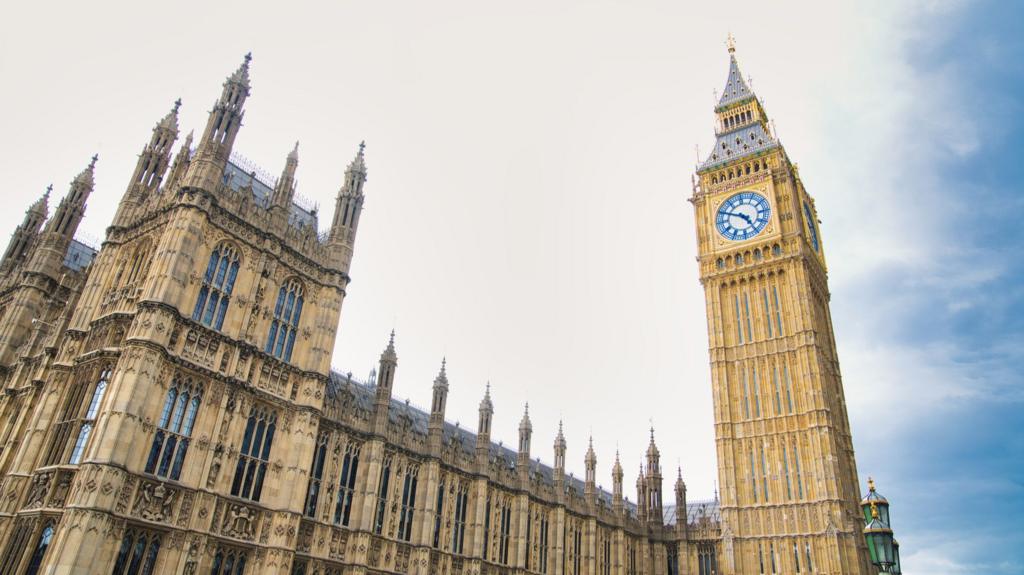While the term “Spending Review” may not immediately capture public attention, Chancellor Rachel Reeves’ upcoming announcement will significantly impact the lives of UK citizens in the years to come.
This event could be a defining moment before the next general election, as the government allocates funds to crucial sectors including healthcare, defense, education, policing, and the justice system.
Following a discussion of government priorities, the detailed figures will be revealed, highlighting potential winners and losers.
Ministers are expected to emphasize their first year’s focus on “fixing the foundations,” a reference to unpopular but necessary measures such as increased national insurance contributions.
The government is acutely aware of its rapid decline in popularity since achieving a substantial, albeit minority, 34% of the vote last summer.
Therefore, the Chancellor will likely declare the government’s commitment to “renewing Britain” while acknowledging that many citizens haven’t yet felt the positive effects.
Reeves’ emphasis on stability will be central to her message. Her recent participation in a G7 finance ministers’ meeting in Canada, where she was the second longest-serving attendee, underscores the volatile global economic climate.
As highlighted by the Institute for Fiscal Studies (IFS) and other analysts, the key decision within the Spending Review will be the allocation of funds to the National Health Service (NHS).
The NHS consumes approximately 40% of day-to-day government spending; its funding significantly influences other areas.
Historically, the NHS receives a comparatively generous allocation, a situation further complicated by the government’s simultaneous commitment to increased defense spending in an era of low economic growth.
Consequently, other budgets will likely experience constraints. Paul Johnson, outgoing director of the IFS, predicts this will be one of the tightest spending reviews in recent history, outside the austerity measures of the early 2010s.
The government has proactively promoted its long-term capital spending plans on transportation and nuclear power.
However, the specifics of budget cuts and their impact remain the central focus.
Labour MPs have been briefed on the plans to provide them with talking points for public engagement.
While many MPs welcome the long-term investments, they are acutely aware of the current political climate and the need for swift, tangible results.
One MP noted the challenge of implementing a “decade of national renewal” given the election cycle and the potential for policy disruption.
Treasury officials are aware of concerns regarding potential austerity measures resulting from reduced day-to-day budgets. This has led to a reported “war on graphs,” a strategic effort to counter negative narratives by showcasing overall spending increases, combining both day-to-day and capital expenditures.
A senior figure emphasized the scale of the spending (£4tn) and described the review as a two-stage process: resetting foundations, followed by outlining and implementing plans.
The political and economic outlook is challenging, featuring an impatient electorate, slow economic growth, and global uncertainties.
Given the government’s prioritization of the NHS and defense, and its commitment to fiscal responsibility, the Chancellor’s room for maneuver is limited.
Chancellor Rachel Reeves’ announcements will significantly impact public spending in Scotland.
The government intends to repeal the Vagrancy Act and introduce legislation targeting organized begging rings.
Sir Keir Starmer attributes the expansion of pensioner benefits to economic improvements.
Rachel Reeves’ spending review will substantially affect the Welsh government’s budget.
Some Labour MPs are using this opportunity to renew calls for reversing planned benefit cuts.

